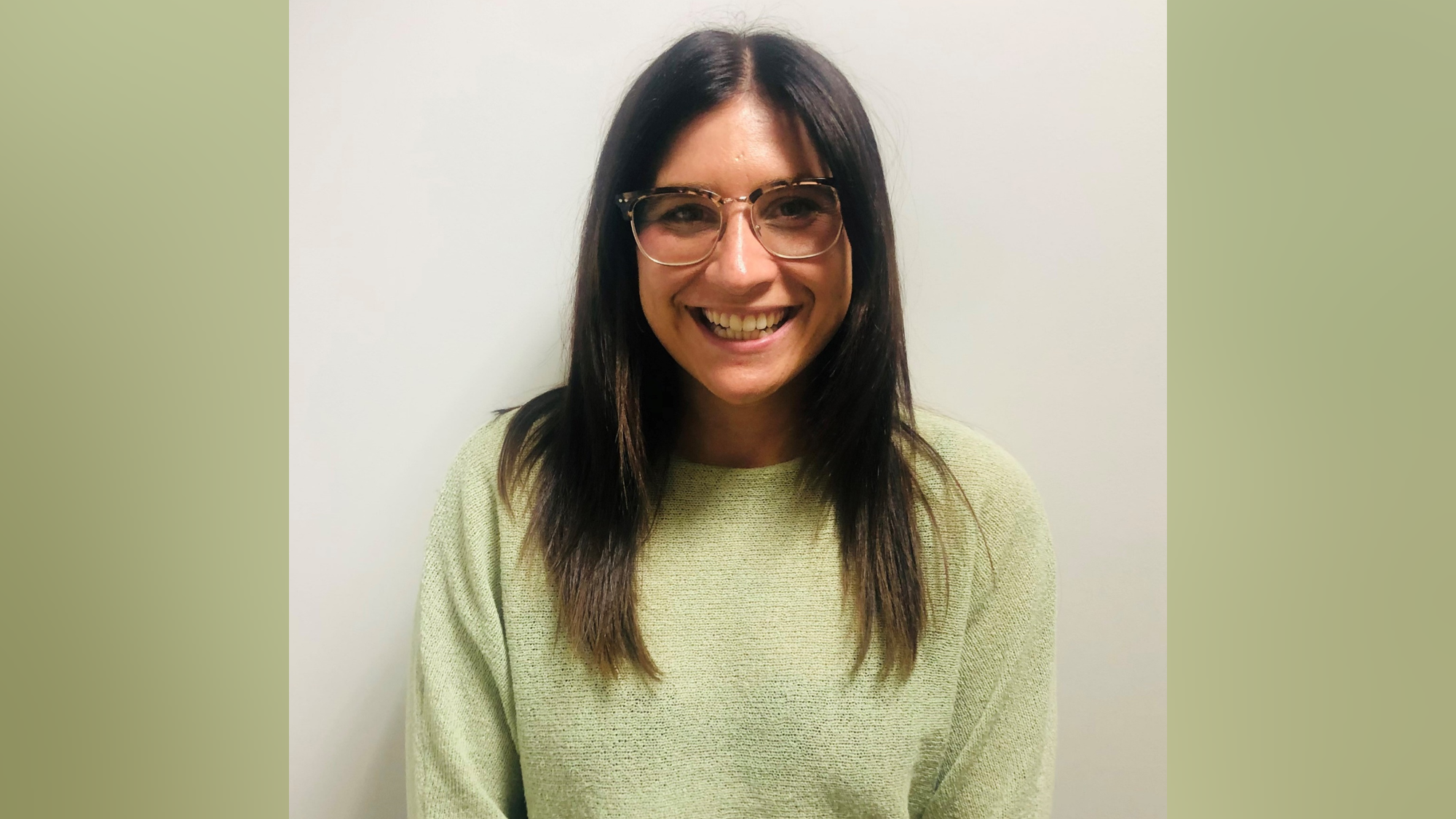"The placements are also invaluable towards your academic experience, but more importantly your practical confidence in the field. I found after I completed my first placement I was able to make more sense of a lot of the theory taught in the second semesters."
 During my placement for my ungraduated degree in nutrition, I realised that people I interacted with had more concerns about their eating behaviours and body image concerns that related more to their psyche than just prescribing a diet. I wanted to learn more about human behaviour, and how their environment and past traumas and mental health effects people.
During my placement for my ungraduated degree in nutrition, I realised that people I interacted with had more concerns about their eating behaviours and body image concerns that related more to their psyche than just prescribing a diet. I wanted to learn more about human behaviour, and how their environment and past traumas and mental health effects people.
I chose the University of Melbourne over other institutions because I liked the overview of each of the subjects, and that they allowed you to pick an elective in your last semester to help with future career planning. The University of Melbourne also has great placement opportunities because of their relationships with a variety of institutions.
I thoroughly enjoyed the Department of Social Work staff, their teaching approach, and their ability to share their own professional knowledge and experiences in a very tangible and personal sense. The teaching staff and their professional yet friendly approach made learning an easy and fun environment. The teachers made me feel excited about a future in social work.
Throughout the Master of Social Work you develop a range of skills. Depending on your passions, you will probably gravitate towards particular subjects, but for me I really enjoyed the subjects around law and policy. They gave me the foundational knowledge of how politics and policy affect the work we do and why it is important to take an interest in social matters. I also found the foundational assessment, interviewing and written/verbal communication skills invaluable especially as a new grad.
The placements are also invaluable towards your academic experience, but more importantly your practical confidence in the field. I found after I completed my first placement I was able to make more sense of a lot of the theory taught in the second semesters.
I already knew which direction I wanted go after the degree. During the course, I wanted to complete placements in a hospital setting and a mental health setting, and after graduating I knew I wanted to work in the mental health system to work towards my mental health accreditation. I am proud and grateful for my placement opportunities and the performance that I was able to demonstrate, which has helped in my future employability.
I currently work at the mental health charity headspace as an Intake and Support Clinician. We provide triage, advice/referral, assessment and brief interventions to 12-25 year-olds and their families and carers. I enjoy the engagement and assessment part. It’s a privilege to be able to provide a safe platform for young people to share their stories and complex lives. We also provide brief intervention to those waiting for psychological intervention, this has been a great opportunity build on those foundational therapeutic and counselling skills development during placements.
The course absolutely prepared me for this role, in particular written and verbal communication practice, documentation standards, basic interviewing and assessment skills, policy, and most importantly the placements.
My advice to future students is to enjoy the placements and see them as an opportunity to learn. Do not put the pressure on yourself to be a fully qualified practitioner. Also, learn how to provide self-care and create a schedule for yourself during your study opportunities because depending on what career you end up in, it can be hard to create balance in your professional and personal lives if it doesn’t already exist.
I am inspired by working with other social workers who are similarly passionate about the things I am, the clients and patients you get to work with and their bravery to trust you with their personal information and struggles. I am also inspired by watching families and carers try and help their loved ones, navigating systems and social structures that can create hurdles and injustices. Their resilience is inspiring to me.